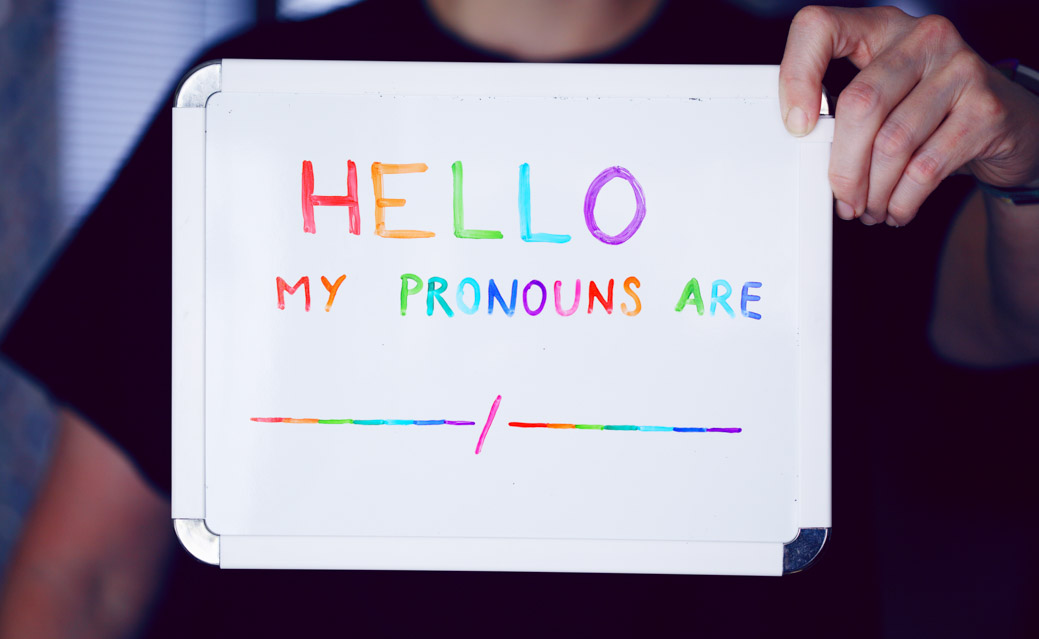It’s never too early to teach kids about gender
Should the topic of preferred pronouns be discussed at a young age? If we as a society value youth well-being, then the answer is ‘yes’.
A recent TikTok of elementary school children sharing their preferred pronouns has sparked a dialogue on the topic of gender-related pedagogy. Certain members of the online and offline public are of the opinion that elementary school is much too early for children to be introduced to the concept of gendered language. In their view, educators should refrain from broaching the topic of preferred pronouns as a result of children’s lack of understanding of abstract social concepts. This position, however, is largely unsupported by the scientific literature and might even be harmful to youth’s mental health.
A study published in the online journal Child Development by researchers at the University of Québec in Montréal found that a sense of one’s own gender identity was already developed in students aged one to six, prior to elementary school. While older children in the observed age groups had demonstrated a stronger preference for gender affiliative activity, there is ample evidence to suggest that the concept of gender is not unfamiliar to children due to early socialization.
A similar study led researchers at Texas A&M University to conclude that a thorough sense of one’s own gender identity could be observed in children at just 19 months (almost a year and a half) of age. It is clear then, that children are cognitively equipped to understand conversations about gender and preferred pronouns by the time they reach elementary school.
Because gender forms a crucial aspect of one’s personhood at such a young age there is value in teaching children to understand and respect each other’s identities. It goes without saying that children deserve to grow up in a healthy and nurturing environment during their developmental years. One way to create such an environment for children, especially trans or gender-nonconforming children, is to make spaces respectful and gender-affirming.
According to a recent study published in the Cognitive and Behavioral Practice Journal, trans and gender-nonconforming children face a noticeable mental health disparity due to family rejection, peer and community victimization, social isolation, and discrimination in their daily lives. Researchers found that providing trans and gender nonconforming children with a supportive schooling environment (one that allows them to express themselves without guilt or shame) leads to significant improvements in mental health. Respecting children’s gender identity has, therefore, proven to improve the quality of life for many trans and gender-nonconforming youth.
Despite the evidence, the sad reality is that many spaces, including schools and educational institutions, are not always inclusive. According to the Trevor Project, only one in five transgender and nonbinary youth reported having their pronouns respected by all or most of the people in their lives. This number drops down to one in ten for youth who primarily identified as nonbinary.
Unless we, as a society, make an effort to respect children’s personhood, the mental health disparities between trans or gender-nonconforming children and their cisgender peers will continue to persist. The video that sparked a conversation regarding the topic of pronouns in an elementary school classroom is proof that it is not too early for children to learn to respect each other. It shows that it is not too early for children to understand the impact of gendered language. Most importantly, it provides an example of an inclusive academic space that prioritizes youth mental health and well-being.

